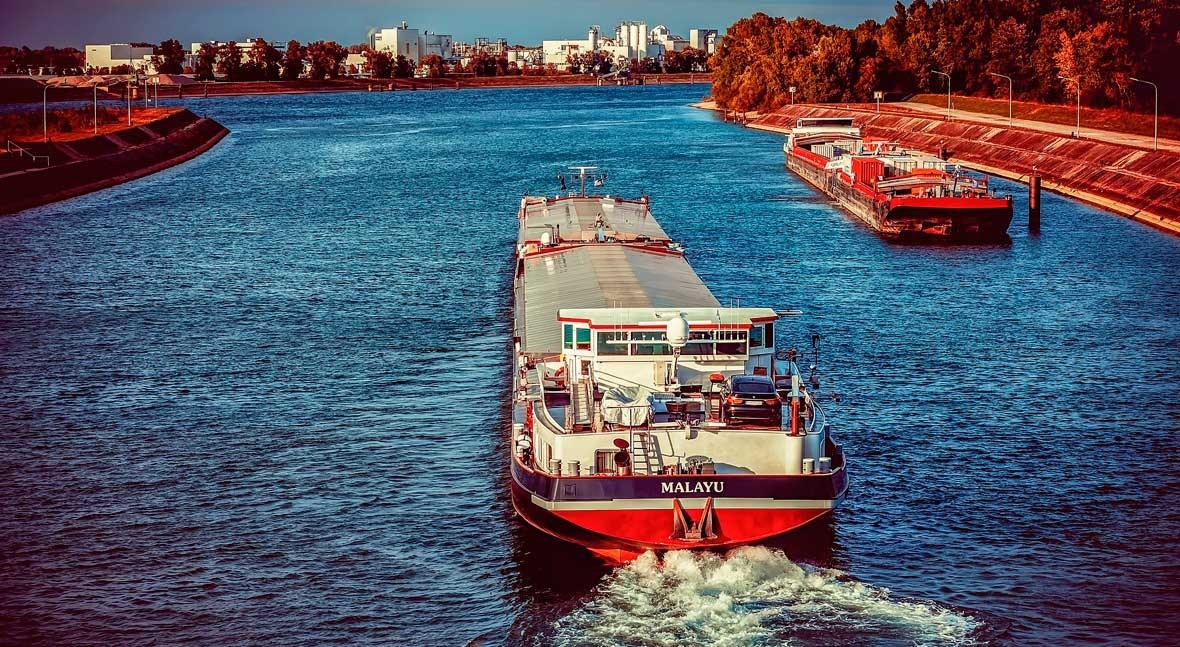Water quality in the Rhine River is declining
Over the past 20 years, the water from the Rhine has become increasingly difficult to clean to render it potable, reports the NL times.
The Rhine, the second longest river in western Europe, was known in the 1960s and 70s as the ‘sewer of Europe’. On the initiative of the Netherlands, which as the downstream riparian country suffers most from the deteriorating water quality in the Rhine, an International Commission for the Protection of the Rhine (ICPR) was established in 1950 with four other riparian countries: Switzerland, France, Germany and Luxemburg. After a disastrous chemical spill into the Rhine in 1986, the ICPR adopted an action-based approach to protect water quality and preserve the Rhine’s environment with a comprehensive basin action plan.
Last week, responsible ministers from riparian countries and the EU met in Amsterdam for 16th Rhine Ministerial Conference. Their balance of the past two decades of transboundary cooperation through the Rhine 2020 Programme was positive. Achievements include flood prevention, removal of barriers to migratory fish, habitat conservation, and improvements to water quality, including reduction of point source inputs of nitrogen, phosphorous and heavy metals.
However, work remains to be done, and the new Rhine 2040 Programme intends to reconcile various water uses with protecting the Rhine’s ecosystems. Specific objectives identified are adapting to climate change (the past two summers, low water levels put traffic at risk in this major transport route), improve fish passability, continue to address flood risk, and control micropollutants. Specifically, discharges of pharmaceuticals, x-ray contrast agents and pesticides are to be reduced by at least 30% by 2040.
In the Netherlands, about 5 million people get their drinking water from the Rhine. Gerards Stroomberg, of RIWA, the association that represents the interests of drinking water companies that use the Rhine as a source of water, said “What we see is that the substances we encounter are increasingly difficult to remove. And the quantities are also getting larger.”
The RIWA looked into water quality over the past 20 years, and was surprised to see a deterioration, with most of the problems caused by discharges from the chemical industry and medicine residues. According to the association, companies in the industrial Ruhr region of Germany have permits to release those substances into the river. Pharmaceuticals have been found to enter the river via waste water, secreted in urine or as unused medicines flushed down the drain. RIWA member companies hope for better water management agreements for the coming 20 years, and request improvements to sewage treatment, and well as the implementation of the polluter pays principle.














